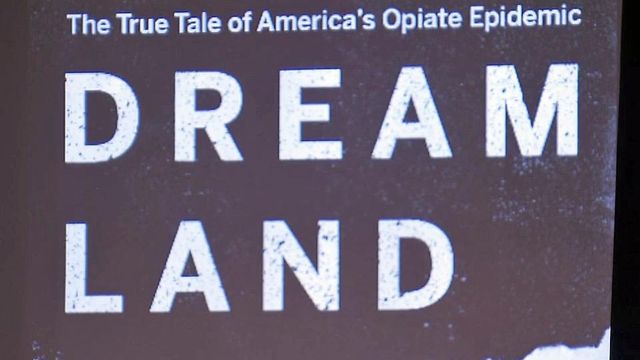Prominent journalist visits Triangle to discuss new book on opioid crisis
A prominent journalist is in the Triangle this week to talk to local officials and groups about his book on the opioid crisis.
Posted — UpdatedSam Quinones, the author of “Dreamland,” a non-fiction bestseller that traces the origins and effects of the opioid epidemic in local communities? across the nation, says the crisis was caused by a combination of factors.
He says that pharmaceutical companies in the 1990s worked hard to convince wary doctors that their new opioid medications were not addictive. For two decades, doctors have prescribed the drugs in massive quantities for even temporary pain, and the pills often ended up on the streets.
Heroin, which is also an opiate, became cheaper, and in many cases, it's easier for people to get than the pain medications they became addicted to. The recent rise of the powerful opioid fentanyl has made that switch even more deadly for addicts.
Quinones says what makes this epidemic different from others is the coast-to-coast penetration of the problem as well as the source of the drugs.
He agrees with most other experts that there is no single solution to the problem. He says it will take a combination of better prevention, strong law enforcement and better treatment for addicts, both in jail and out in the community.
• Credits
Copyright 2024 by Capitol Broadcasting Company. All rights reserved. This material may not be published, broadcast, rewritten or redistributed.






